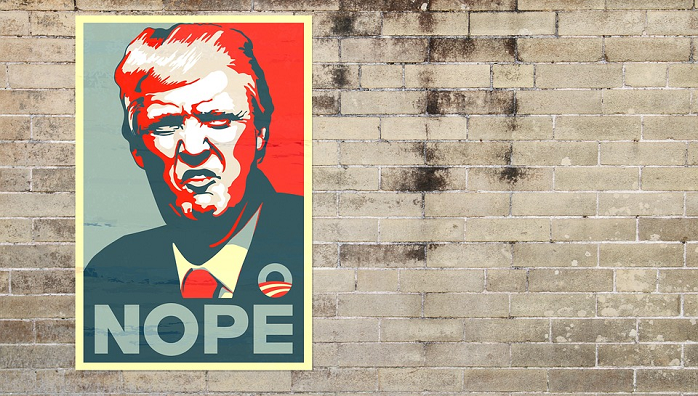
What does the Senate Reversal of Net Neutrality Repeal Mean?
- The US Senate voted to reverse the FCC Net Neutrality Repeal
- The Vote has to Be Approved by the House of Representatives
- If it passes the House, it Must be Signed by President Trump
To say that the legal and political saga of US Net Neutrality has been a roller coaster is a massive understatement. Not long ago we learned the final date for the repeal of Obama-era rules that enforce net neutrality is June 11 2018.
Now a last-ditch vote in the US Senate might provide a glimmer of hope.
The Significance of Net Neutrality
Just in case you haven't been following this incredibly important issue, net neutrality means that an internet service provider has to treat all traffic equally. It can't charge a provider like Netflix more than other subscribers. No discrimination to carry its data at a given speed or service level. ISP are also not allowed to sell you their services broken up by network traffic type. In other words you pay for one internet connection and it will carry Skype, email, web browsing and whatever else you want.
If these net neutrality rules are repealed, as the FCC has indicated, then it could have serious effects. Especially on how US internet business works. That won't just affect US users, but also the rest of the world. After all, so much internet traffic flows through the US. Conservatives say that Net Neutrality is holding the net back, Liberals say net neutrality protects the free internet. Whoever is right, there's a fierce battle to either end or preserve these rules.
A Last Gasp?
Just about every resort has been put into play. A series of measures to stop the FCC from repealing net neutrality regulations. Massive public support and numerous other strategies have not proven enough. They could not stop the FCC steamroller from getting every closer to the repeal. One of the last lines of defense has been triggered.
The US Senate voted on the 16th of May to reverse the repeal enacted by the FCC. This was possible thanks to a relatively old piece of legislature known as the Congressional Review Act.
It was an incredibly tight vote. Fifty-seven voted went in favor of blocking the repeal and forty-seven were against blocking the repeal. If you look at who actually voted, you'll notice this feat actually required some Republicans to vote against party lines. Something there seems to be more of under a Trump administration.
So What Now?
This move by the Senate is might extend the reprieve on the net neutrality repeal. Still, it's not even close to the end of the story. Republicans currently dominate in both the Senate and House of Representatives.
Senate's decision needs to be approved by both the House of Representatives and President Trump. Then the repeal will finally be put to bed. How likely is that to happen? The most straightforward answer is that it probably won't work. Members of Congress are accountable to their constituents. So this vote provides another opportunity for Republican members of the House to be swayed. They can be reached by voters in their constituency that don't want the repeal to happen.
That means the next step is probably another campaign to appeal to the public. If you are against the Net Neutrality appeal, this is probably the last chance you have to make your voice heard.
Watch this space.








